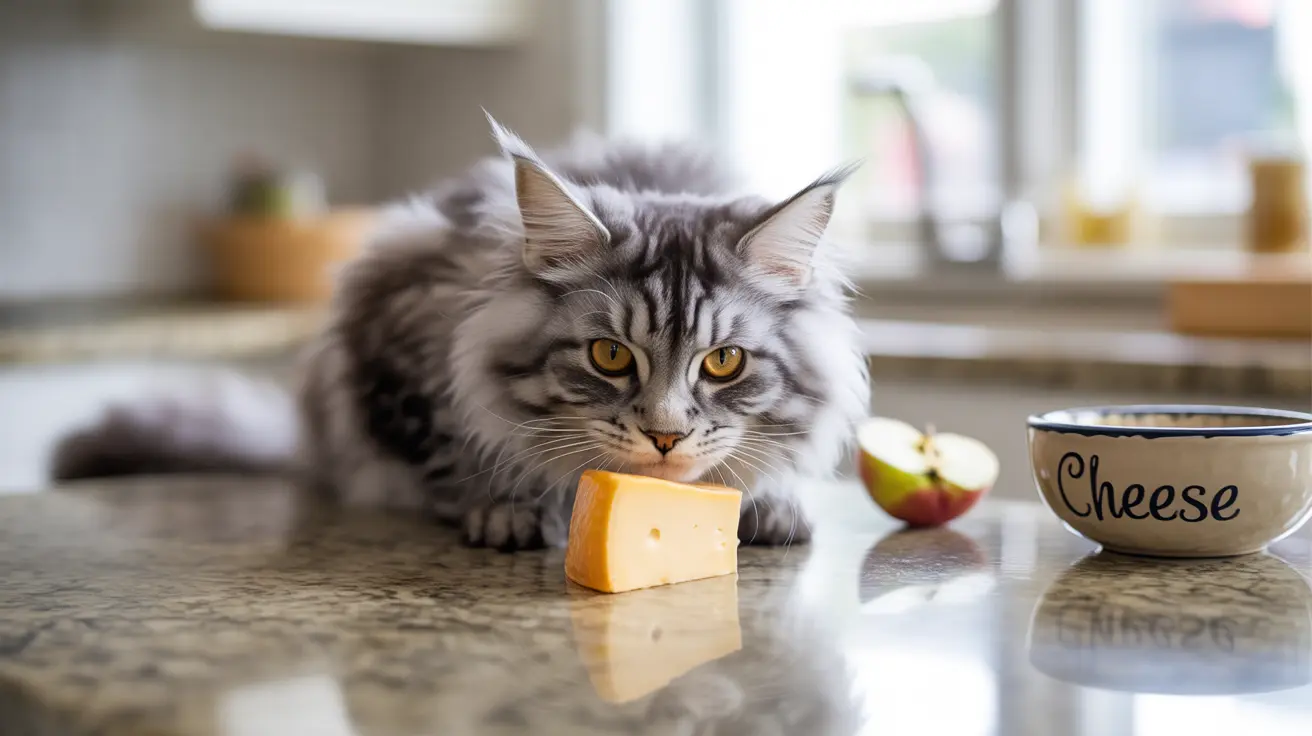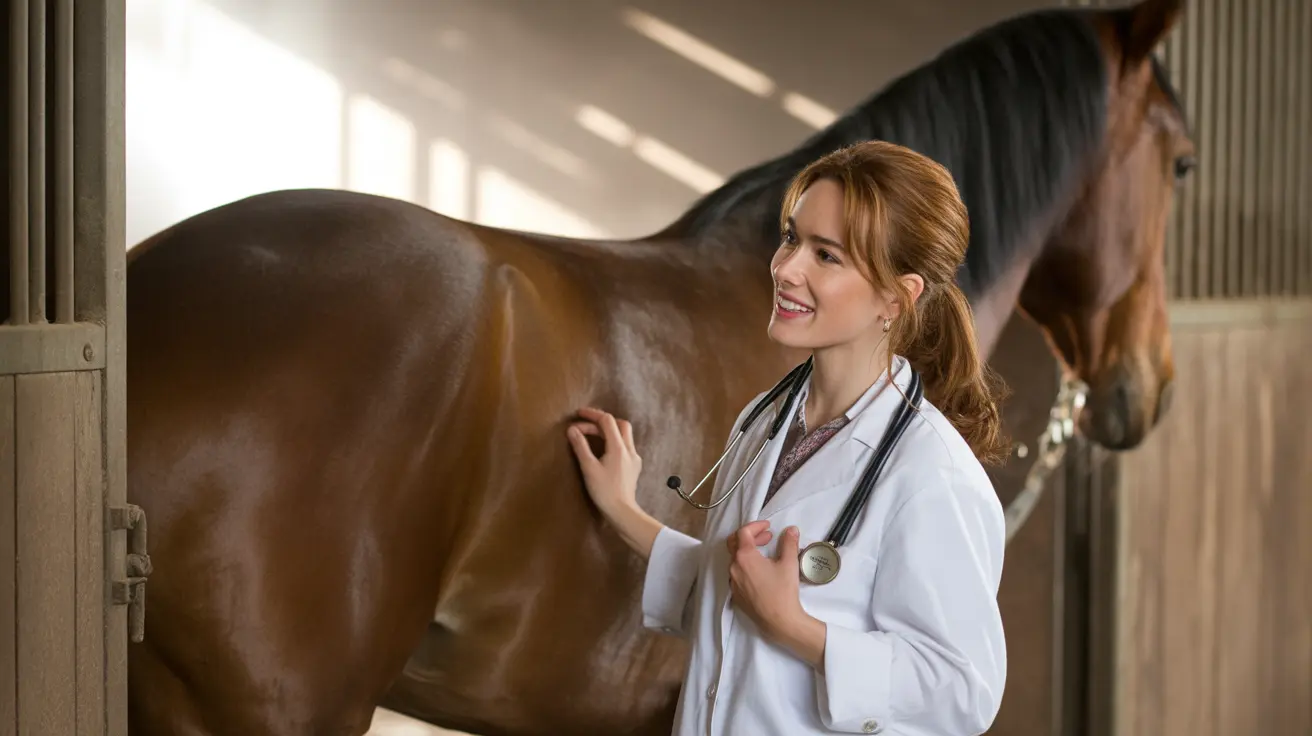If your cat has eaten cheese, don't panic. While cheese isn't ideal for cats, knowing how to respond appropriately can help ensure your feline friend stays healthy and comfortable. This comprehensive guide will walk you through the necessary steps to take when your cat consumes cheese and help you understand potential risks and warning signs.
Understanding Why Cheese Can Be Problematic for Cats
Most adult cats are lactose intolerant, meaning their bodies don't produce enough of the enzyme lactase to properly digest dairy products. When cats consume cheese, they may experience digestive issues because their bodies can't break down lactose effectively.
Additionally, cheese is high in fat and salt, which can be particularly problematic for cats with existing health conditions or those prone to obesity. Even cats without lactose intolerance may experience adverse reactions to cheese's rich composition.
Immediate Steps to Take After Your Cat Eats Cheese
Monitor Your Cat's Behavior
If your cat has consumed a small amount of cheese, careful observation is usually the first appropriate step. Watch for these signs of digestive distress:
- Changes in behavior or energy levels
- Loss of appetite
- Vomiting or dry heaving
- Diarrhea or unusual stool
- Signs of abdominal discomfort
Provide Fresh Water
Ensure your cat has access to plenty of fresh water, as proper hydration can help their digestive system process the cheese more effectively. This is especially important if your cat shows any signs of stomach upset.
When to Contact Your Veterinarian
While small amounts of cheese typically don't require emergency intervention, certain situations warrant immediate veterinary attention:
- Your cat has eaten a large quantity of cheese
- Your cat has underlying health conditions
- You notice severe or persistent vomiting or diarrhea
- Your cat shows signs of lethargy or significant discomfort
- The cheese contained potentially toxic ingredients (like garlic or onion)
Prevention Tips for the Future
Secure Storage
Keep cheese and other dairy products properly stored and out of your cat's reach. Use sealed containers and remember to properly close refrigerator doors, as some cats can be quite clever about accessing forbidden foods.
Safe Alternatives
Instead of cheese, consider offering your cat appropriate treats specifically formulated for felines. These treats provide the right balance of nutrients without the risks associated with dairy products.
Frequently Asked Questions
What should I do if my cat ate cheese and shows signs of vomiting or diarrhea?
Monitor your cat closely and ensure they have access to fresh water. If symptoms persist for more than 24 hours or are severe, contact your veterinarian immediately. Withhold food for a few hours if vomiting occurs, then slowly reintroduce their regular diet.
Is cheese safe for cats, and which types of cheese are least harmful?
While no cheese is completely safe for cats, hard cheeses like cheddar contain less lactose and are generally less problematic in very small amounts. However, it's best to avoid giving cats cheese altogether, as they don't require it nutritionally.
How can I tell if my cat is lactose intolerant after eating cheese?
Common signs of lactose intolerance include vomiting, diarrhea, gas, and stomach discomfort within 8-12 hours of consuming dairy products. Most adult cats are lactose intolerant to some degree.
When should I call the vet if my cat eats a large amount of cheese?
Contact your veterinarian immediately if your cat consumes a large quantity of cheese, shows severe symptoms, or has underlying health conditions. Better safe than sorry when it comes to your pet's health.
Are there safe cheese alternatives or treats I can give my cat instead?
Yes, there are many commercial cat treats specifically formulated for feline nutrition. Look for treats that are high in protein and appropriate for your cat's age and health status. Always consult with your veterinarian about suitable treat options.
Conclusion
While cheese consumption isn't usually a medical emergency for cats, it's important to take appropriate action and monitor your pet carefully. Understanding the risks and knowing when to seek veterinary care can help ensure your cat's safety and well-being. Remember, prevention is always better than cure – keep cheese and other dairy products safely stored away from your curious feline friend.






